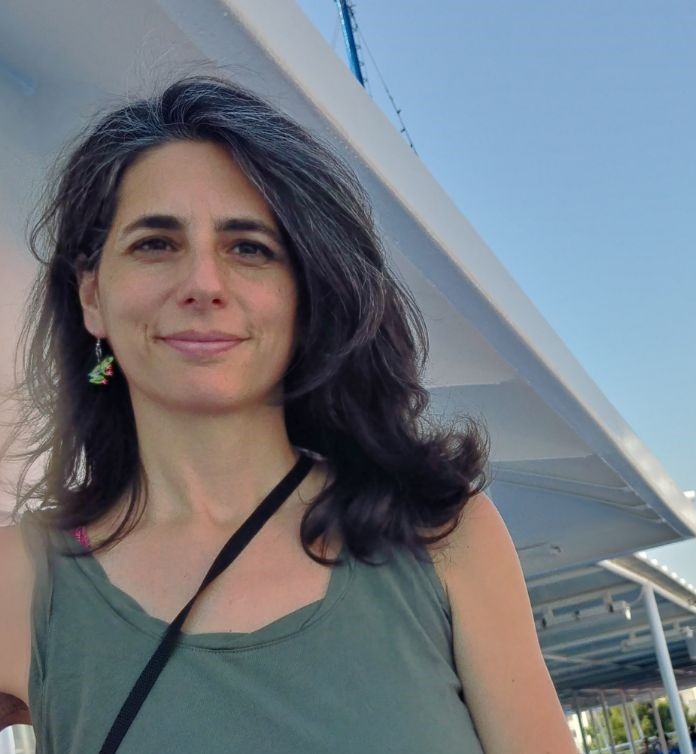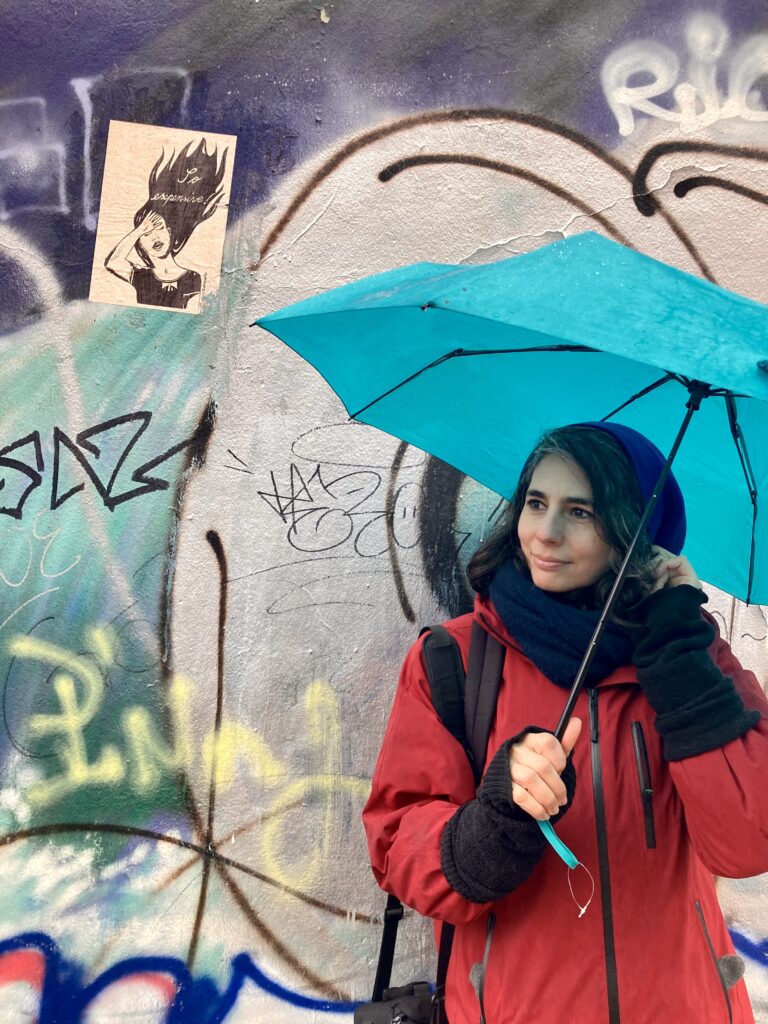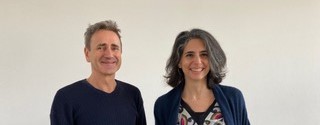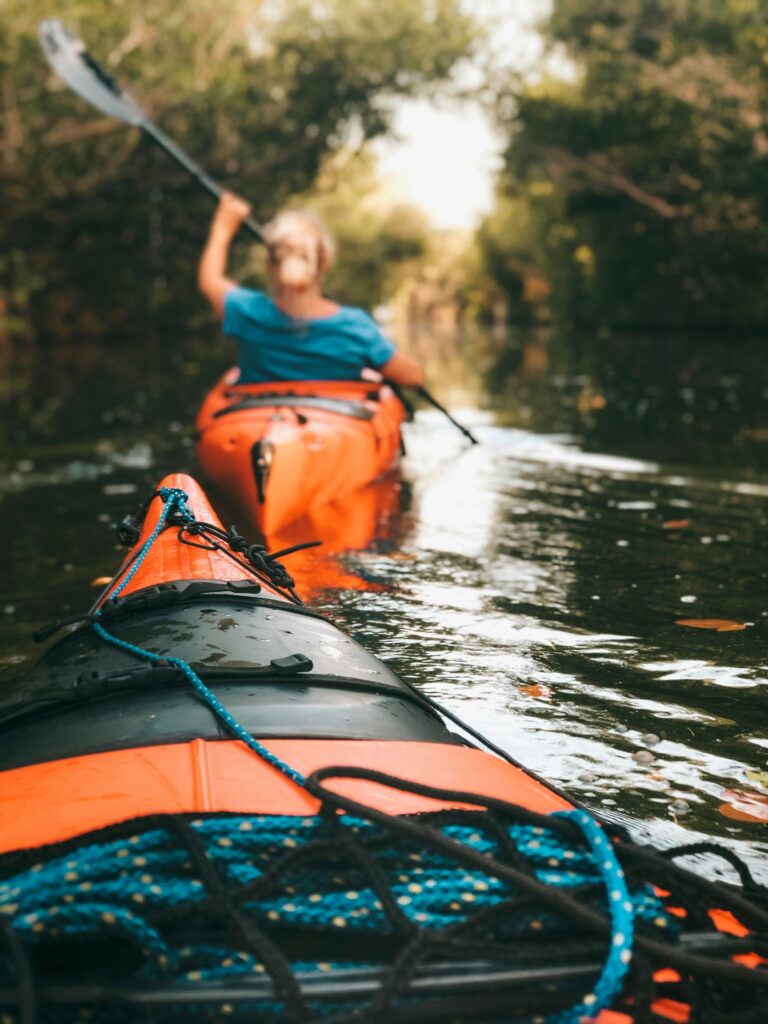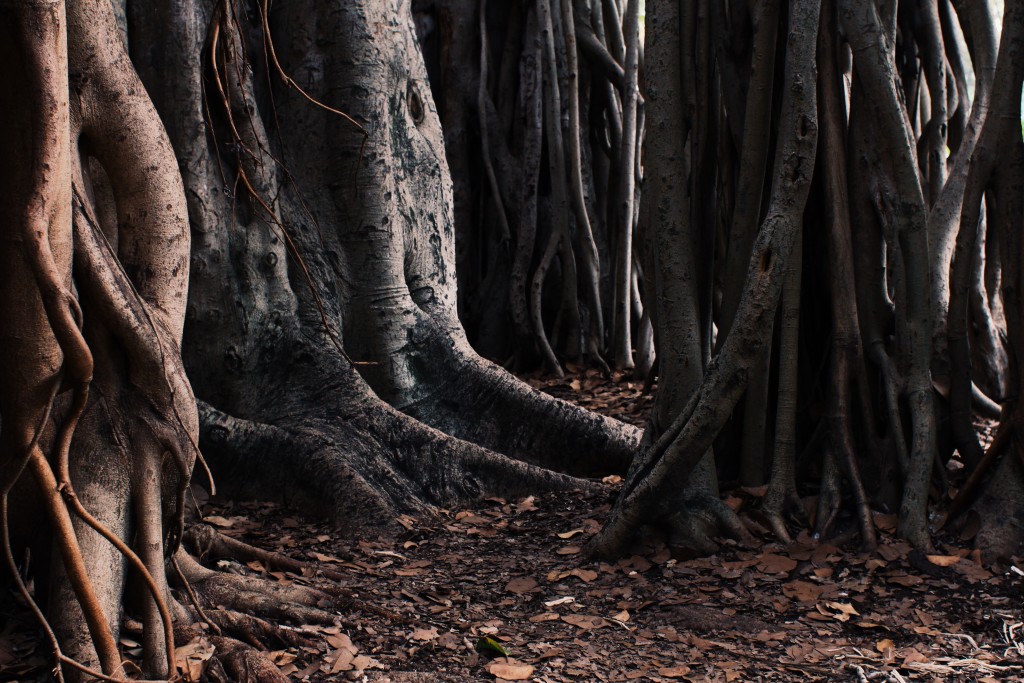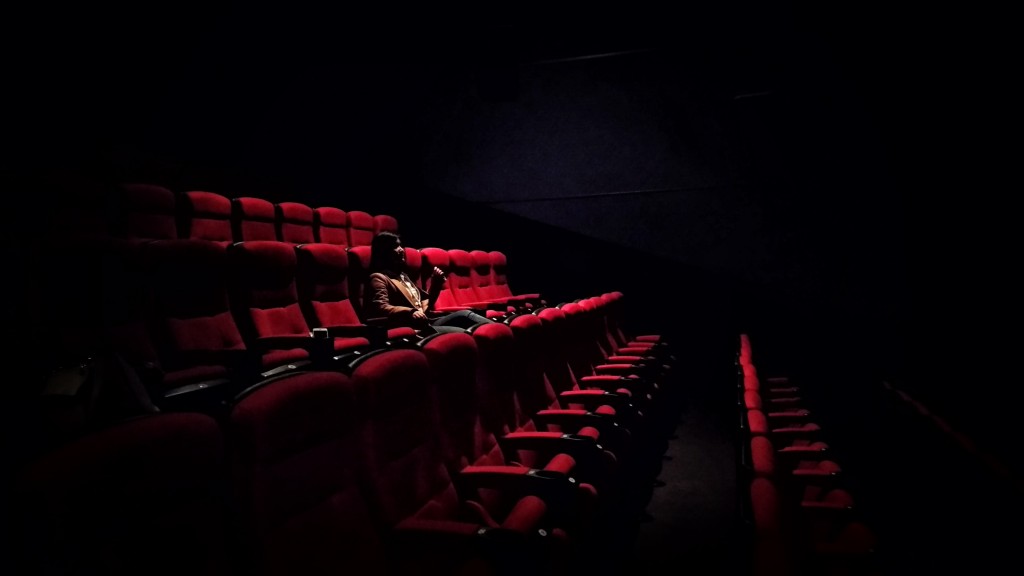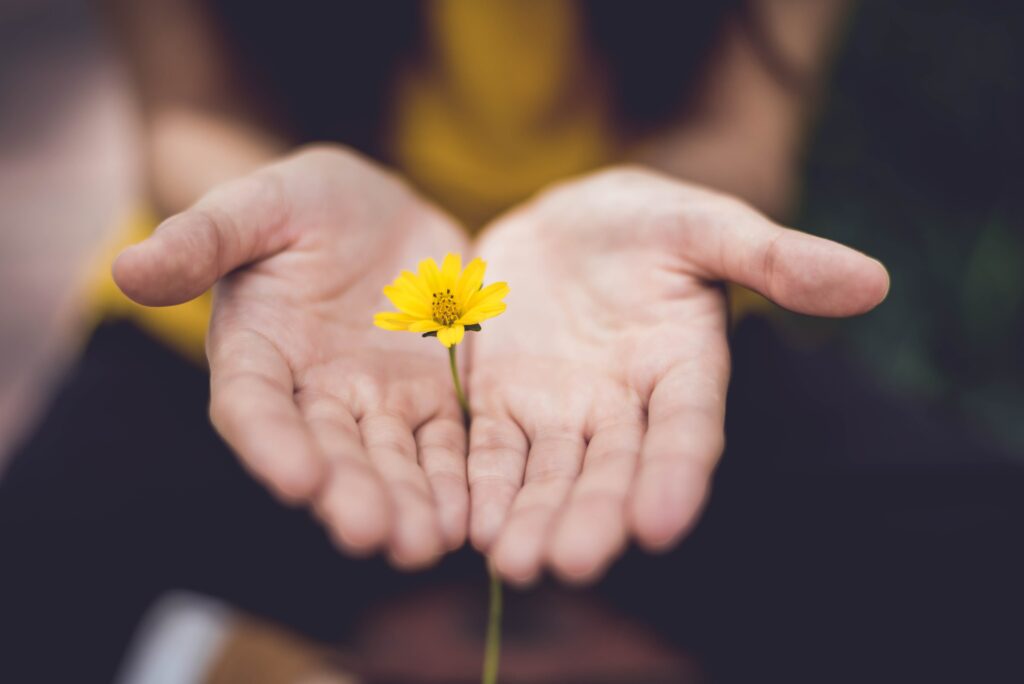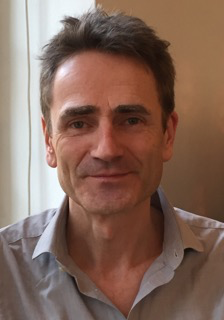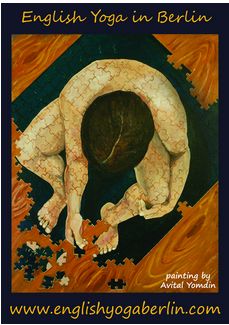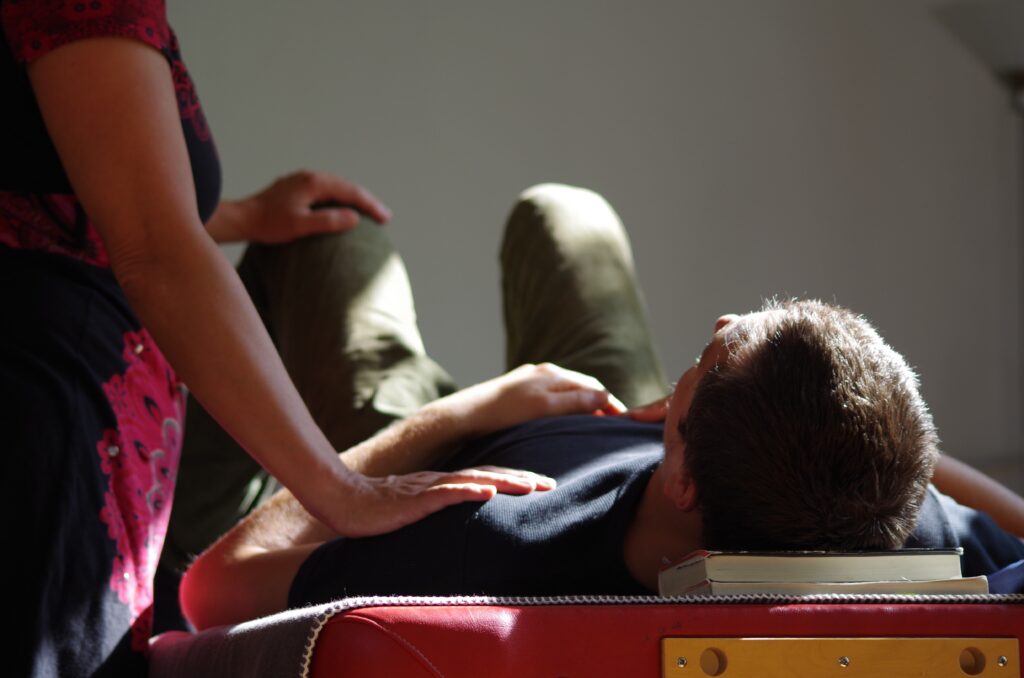Discover Your Free Voice: A 2.5-Hour Workshop on Singing and the Alexander Technique
What stands in the way of you and a free voice? Have you ever felt that your voice is not reaching its full potential? Do you struggle with tension while speaking or singing, or find it hard to maintain vocal consistency? If so, you’re not alone. Many people face these challenges. They often stem from the way we use ourselves, our posture, and our speech habits. By integrating the Alexander Technique with vocal practice, we can interrupt some of our deep-seated habits and hear our true voice free from constraints. Join us for a transformative 2.5-hour workshop where you’ll discover how this powerful technique can enhance your vocal performance and overall well-being.

What is the Alexander Technique?
The Alexander Technique is a holistic method developed by Frederick Matthias Alexander in the late 19th century. It focuses on improving posture, reducing tension, and promoting efficient movement. By becoming more aware of how we use our bodies, we can make conscious choices that enhance our physical and mental functioning. For anyone looking to improve their vocal abilities, this means discovering a natural, free voice that resonates with ease and clarity.
When?
On Thursday July 18th, 2024 – 18.00 – 20.30
For who?
This is for any person who likes to sing (notice we used the word like– you do not have to consider yourself good at it!). If you like to sing, come along and discover if you can do this with more ease! This is for people with any level of experience both in the Alexander Technique or as singers. Beginners are welcomed!
What does this “singing and the Alexander Technique” workshop include?

- short introduction to the Alexander Technique
- identifying our vocal habits
- learning simple ways to interrupt our habits and sing from a “different place”
- awareness games
- projecting the voice at different volumes
- better control while expanding your range.
- awareness of the breath
- becoming more authentic and stable
- singing together
Where?
This workshop takes place at the English Yoga Berlin studio, on Görlitzerstr. 39.
Price?
The price of the workshop is 30€ plus 19% VAT.
How to book your “Singing and the Alexander technique” spot?
If you are interested in participating please write an email to:
pinelopi (at) englishyogaberlin (dot) com
Spaces are limited, so please register early before they fill up!
About the Teachers:
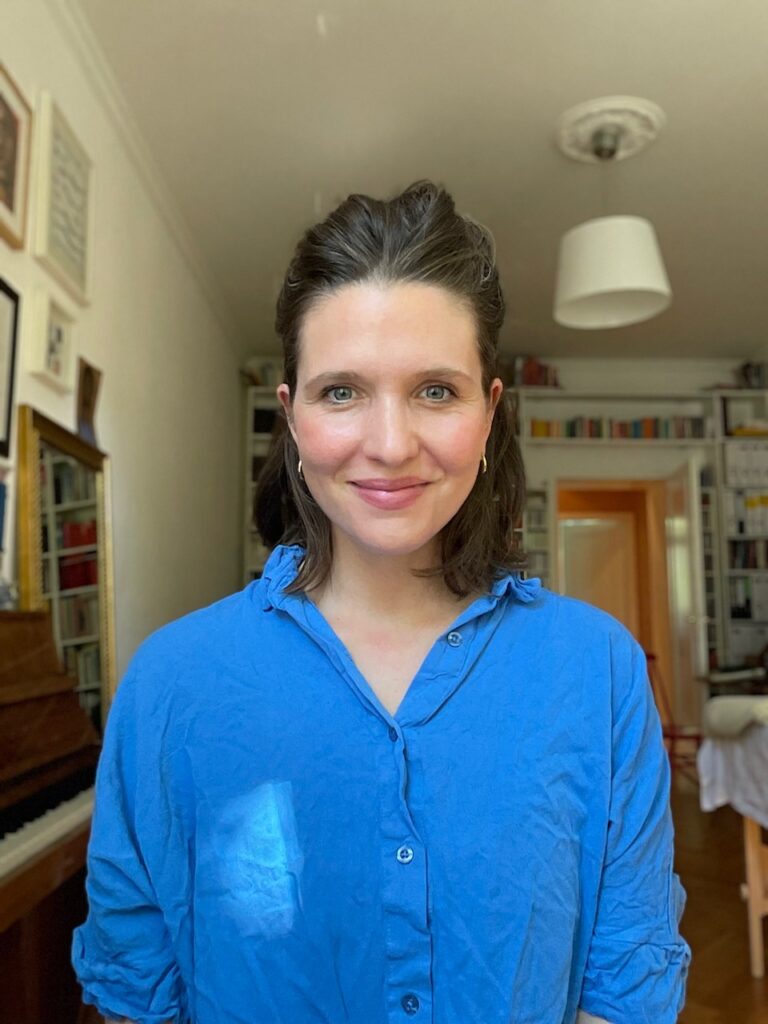
Ana-Josefina Nickelé is a renowned singer and qualified vocal teacher with a particular interest in Argentine tango. Living and working in Berlin, she has been giving singing lessons in her studios in Berlin and Wolfenbüttel since 2011. Her experience includes teaching vocal training at the University of Fine Arts in Braunschweig and working as a vocal trainer with the Vokalhelden, the children’s and youth choir of the Berlin Philharmonic. Training in the Alexander Technique since October 2020, Ana-Josefina is a versatile artist who shares her knowledge and passion for music and singing with her students and colleagues.
Pinelopi Sioni is an Alexander Technique, yoga, and meditation teacher who brings her knowledge of anatomy and the nervous system to all her teachings. Through a trauma-informed lens, she specializes in bringing sensitivity and fun to group dynamics and meets people ‘where they are at.’ She is at her happiest when she feels the strength and community that builds when people come together to sing.
